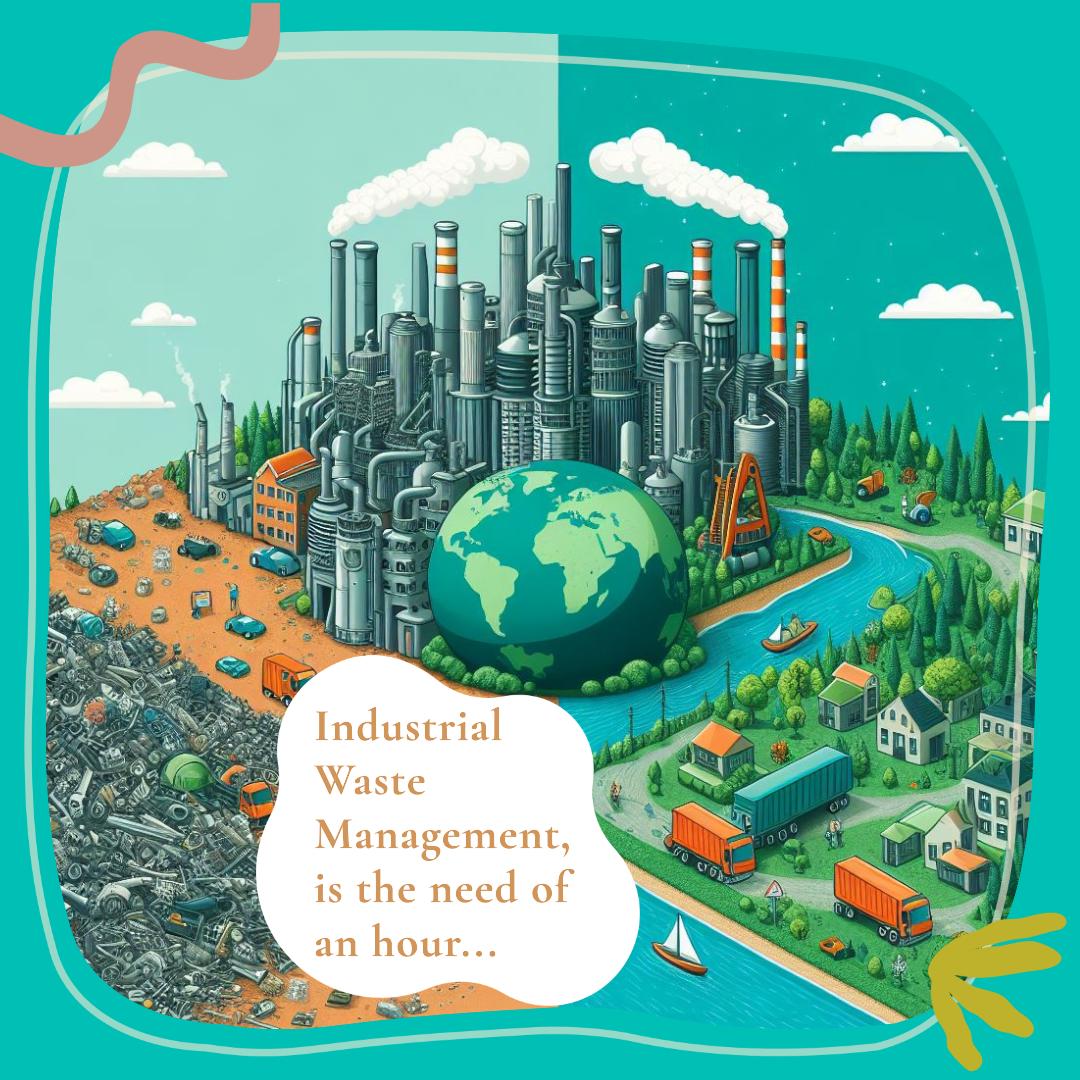In the pursuit of sustainable energy sources, the process of converting industrial waste to compressed biogas (CBG) emerges as a promising solution. This innovative approach not only addresses the issue of waste management but also contributes significantly to environmental preservation and societal well-being. The process begins with the collection of organic waste from various industrial sources such as food processing, and wastewater treatment plants. This waste, rich in organic matter, undergoes anaerobic digestion, a biological process where microorganisms break down organic materials in the absence of oxygen. Through this process, methane and carbon dioxide gases are produced, which can be captured and purified to obtain CBG.
Innovative way to make the earth greener

The conversion of industrial waste to CBG offers several notable benefits to both society and the environment:
Waste Reduction: By diverting industrial organic waste from landfills or incineration facilities, the process helps alleviate the burden on waste management systems. This reduction in waste not only minimizes environmental pollution but also conserves valuable landfill space.
Renewable Energy Generation: CBG serves as a renewable energy source that can be utilized for various applications such as electricity generation, heating, and transportation fuel. Its production from industrial waste contributes to the diversification of energy sources and reduces reliance on fossil fuels, thus mitigating greenhouse gas emissions and combating climate change.
Economic Opportunities: The conversion of industrial waste to CBG fosters the development of a new economic sector centered around renewable energy production. It creates employment opportunities in waste collection, processing, and CBG distribution, stimulating economic growth and fostering local entrepreneurship.
Environmental Protection: By capturing methane, a potent greenhouse gas produced during the decomposition of organic waste, the process helps mitigate climate change and reduces the overall carbon footprint of industries. Additionally, the utilization of CBG as a clean-burning fuel contributes to improved air quality and reduces harmful emissions compared to traditional fossil fuels.
Energy Security: CBG production from industrial waste enhances energy security by providing a reliable and decentralized energy source. It reduces dependence on imported fossil fuels, thus increasing energy resilience and promoting energy independence for communities and industries.
